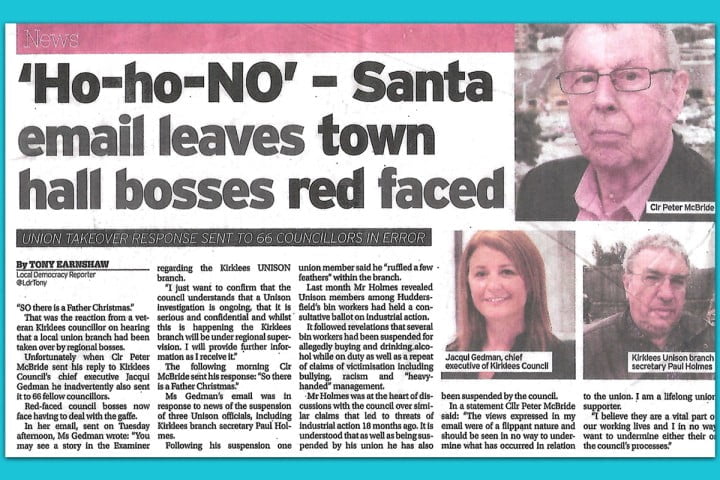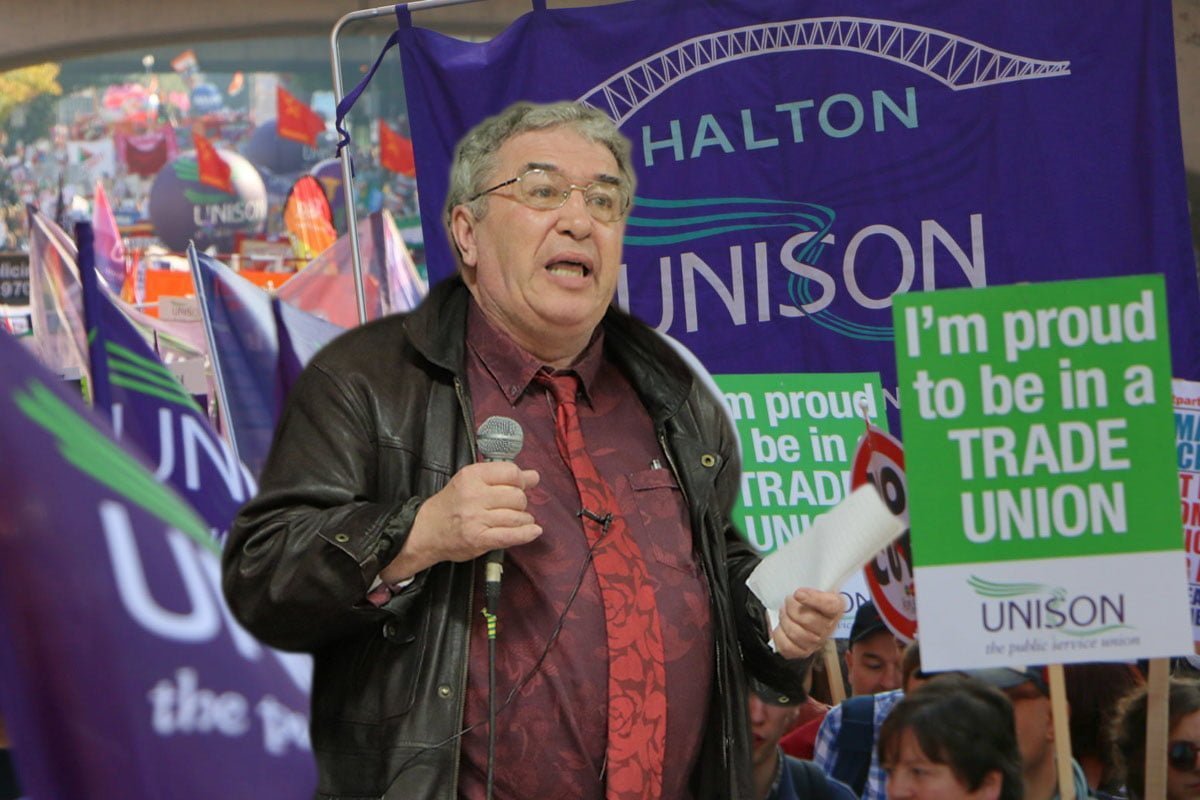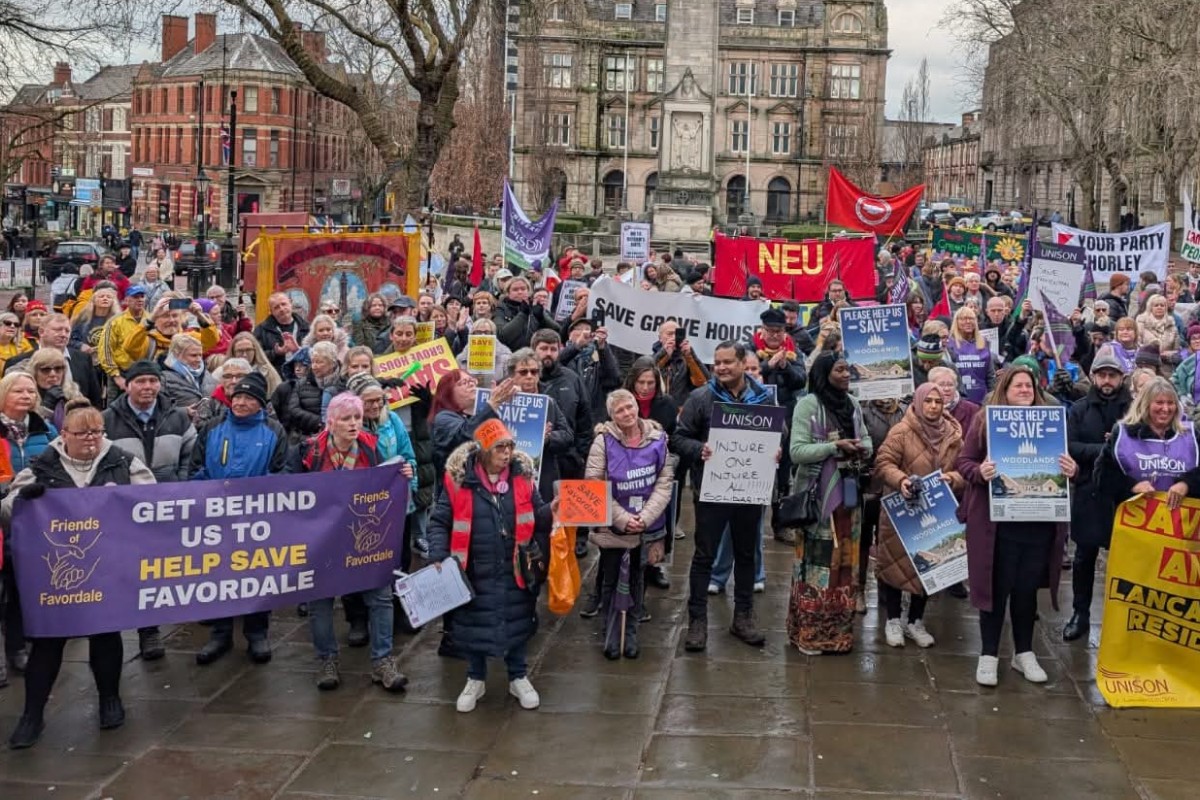Years of austerity, coupled with rapidly rising prices, have brought many councils to the edge of bankruptcy.
Recently, Birmingham City Council, the biggest local authority in England, was forced to issue a section 114 notice, effectively banning any ‘unnecessary’ expenditure. The government has also announced that it will send in commissioners to ‘help’ run the council.
‘Letting Dracula run the blood bank’ is the immediate phrase that comes to mind. But at least in the movies Dracula has to be invited in before he can do his dastardly deeds. In this case, the government let themselves in.
Birmingham isn’t alone either. Last month, Moody’s credit agency reported that several other councils were close to the edge, providing a list of the 20 most-indebted councils relative to their size.
But this is merely the tip of the iceberg. The pressure on local councils is growing sharper by the day. And this is reflected not only in financial crisis, but also in crisis and chaos among the top layers of council management.
In the spotlight
One local authority that has regularly been in the spotlight in recent years is Kirklees. This huge council (the seventh biggest in England) has a predicted budget shortfall of some £47.8 million for 2024/25 – set to rise to £61 million in 2026/27.
Consequently, the council has instituted a spending freeze and announced 750 redundancies.
In a consultative ballot launched by Kirklees Unison, 67.3% voted in favour of strike action. This would involve more than 4,200 members.
The council, meanwhile, has already shut down Huddersfield Town Hall. Leading Labour councillors have resigned from their positions. And a number of senior managers have either left the council already, or are planning on leaving. These include council leader Shabir Pandor, and former deputy leader Peter McBride.
Providing ammo
The chaos within the council leadership has been exacerbated further by the revelation that the council has admitted responsibility for a massive data breach relating to the disciplinary case around Paul Holmes.
Paul, the former Unison president, is currently appealing a tribunal decision to uphold his dismissal from the council. Paul’s barrister has described the judgement as “lacking merit”. In the extremely polite vernacular of the legal profession, this means that it was extremely poor.
The data breach consists of some 170 files from Paul Holmes’ personnel file. These comprise some 1,200 pages, and include personal information such as his private medical records.
This is a massive breach of data protection legislation, and could result in a very large and punitive fine against the council.
The council, meanwhile, claims that they cannot identify the source of the leak. That remains to be seen, as the breach clearly comes from somewhere – or more accurately, someone – within the council.
The files were ‘sent’ to the Huddersfield daily examiner in what was clearly an attempt to undermine Paul Holmes and his defence.
The leak happened seven minutes after the start of the last (twelfth) day of Paul’s disciplinary hearing, following numerous people writing to the Huddersfield daily examiner asking what was happening with Paul’s case.
The key question is who benefits from a breach like this? This isn’t a case of hackers pinching people’s bank details. It’s a deliberate attempt to provide ammunition to undermine a key left-wing figure in the trade union movement.
Rogues’ gallery
Regardless of who actually leaked the documents, a cursory look at the role of some of the councillors and managers in relation to Paul’s dismissal makes for interesting reading.
Peter McBride, former deputy leader of the council sent an e-mail to the chief executive and copied it to all councillors at the council, saying that Paul’s suspension proved that “there really was a Father Christmas”.
Chief executive Jackie Gedman has announced her early retirement from the council later this year.
Colin Parr, the director who sacked Paul at his disciplinary, has resigned and returned to the West Midlands to work. Mr Parr said that one of the reasons Paul was dismissed was for making fun of a union employee’s Russian accent – a charge that Paul would have denied, but it was never even put to him!
Mr Parr admitted under oath at the tribunal that this accusation was never put to Paul. Furthermore, he stated that had no evidence of it, and had “read about it on social media”.
Director Mel Meggs, who turned down Paul’s appeal against dismissal, has since taken early retirement.
Deborah Lucas, chief personnel officer at the council, who prosecuted Paul at the disciplinary hearing, has left the council under ‘premature retirement’; that is, before the age at which she could normally access her pension, which is a very unusual thing to do.
So here we have a council that is in deep financial trouble, with a major data breach hanging over the heads of its leadership. Either the financial crisis or the data breach by themselves would likely send some heads rolling. But taken together, Kirklees isn’t a cosy place to be sitting right now – even in a very comfortable chair.
Witch hunt
The financial crisis will run its course. But there is likely to be a great deal of fallout from the data breach. Paul’s case against his dismissal is going to run and run.
Any honest, fighting trade unionist will have their enemies within management, and also their opponents within their union. We have previously reported, for example, on the role played by current and former Socialist Party members in the witch hunt against Paul.
We can be confident that there is a lot more information to come out of Paul’s case before the final curtain.






